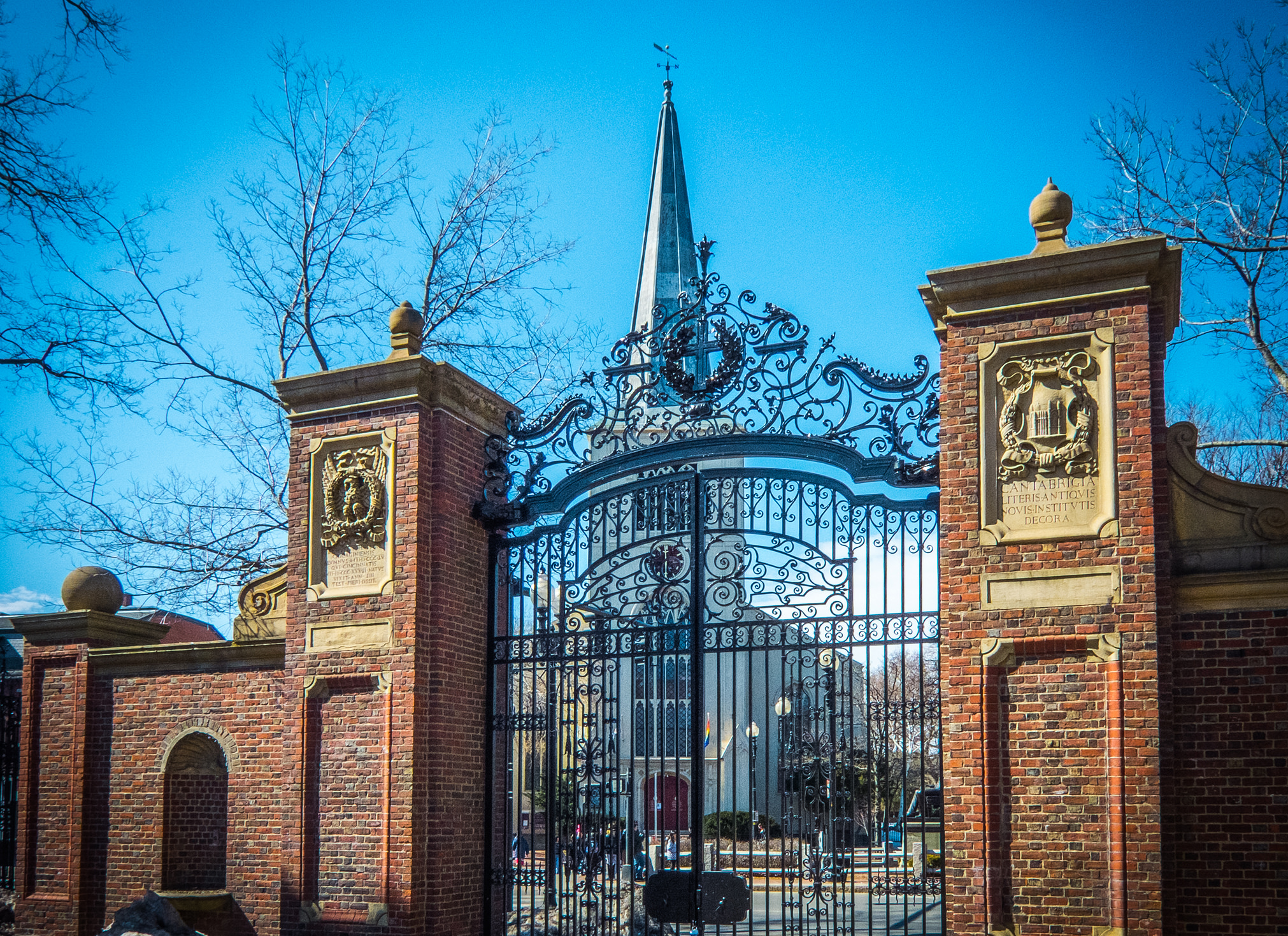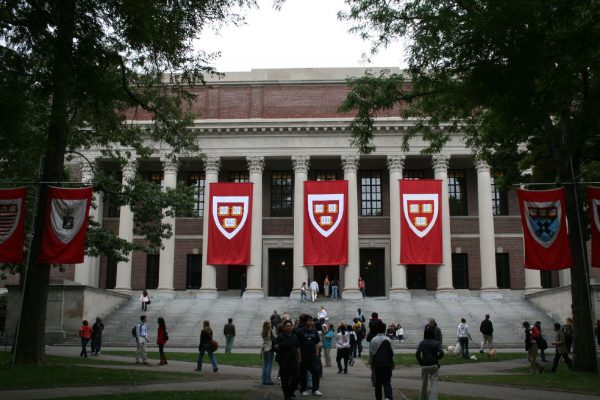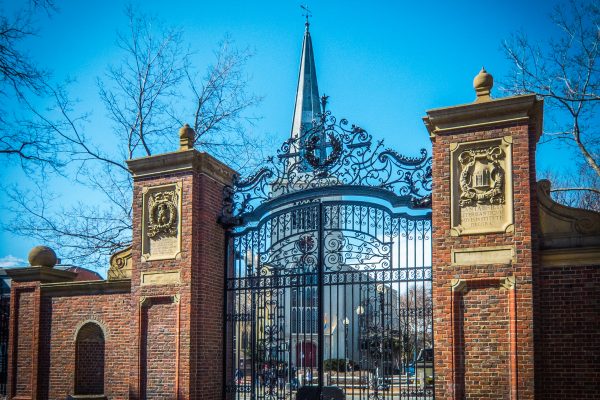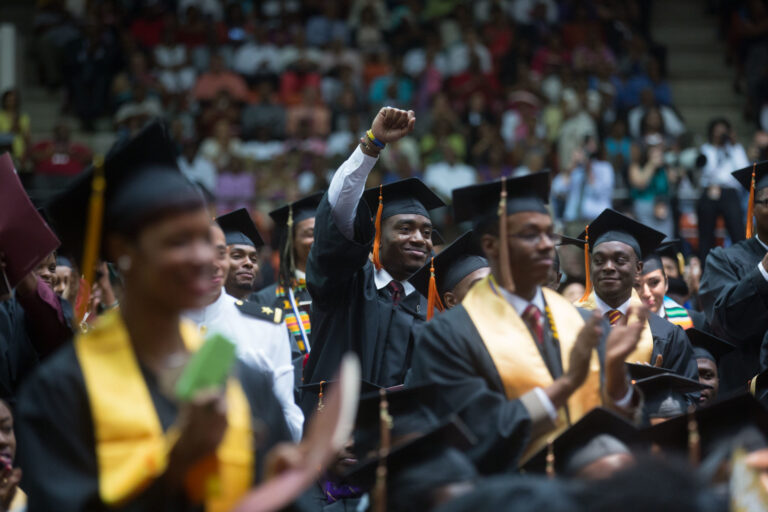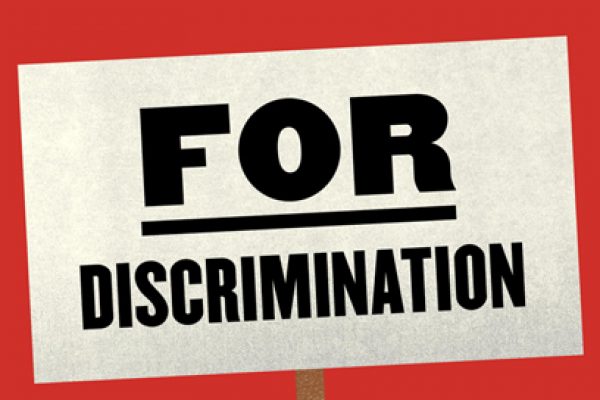After hearing oral arguments in two cases earlier this week, the Supreme Court appears poised to deal a significant blow to affirmative action admissions policies at U.S. colleges and universities. The cases, which concern Harvard University and the University of North Carolina, were brought by Students for Fair Admissions, a group that opposes affirmative action. In light of the questions asked by its six conservative justices, many predict that the court will deem affirmative action unconstitutional when it makes its final rulings next year.
The debate over what role race should play in college admissions has appeared regularly in BR’s pages, with esteemed lawyers such as Randall L. Kennedy and the late Lani Guinier offering erudite defenses and reimaginings of affirmative action, respectively. In a 2000 forum that saw responses from Howard Gardner, Ward Connerly, and others, Guinier and her coauthor Susan Sturm predicted that affirmative action would have a short lifespan. But rather than mourning it, they acknowledged that it offers “a narrow, at-the-margins response to exclusion,” and instead strived to “focus attention on developing a long-term, normative vision of racial justice” that is inseparable from challenging conceptions of merit.
More recently, Andrew Gelman, Sharad Goel, and Daniel E. Ho have examined extensive statistical evidence regarding the accusation that Harvard discriminates against Asian applicants, a claim which was the subject of an earlier federal court case and played a key role in this week’s arguments. They caution that the core disagreements can’t be resolved simply by crunching the numbers—even if anti-Asian bias can be shown, this “does not mean that affirmative action itself is to blame,” they contend.
Broader issues of merit, standardized testing, and more appear elsewhere in today’s reading list, with philosophers and educators pondering if and how they might be redeemed. But we’ll leave the last word with civil rights lawyer Richard Ford, who believes that these debates miss the point. He argues that there is a deeper problem at play in the Harvard case and other recent admissions scandals: the presumption that elitism could ever be democratized. “The demand for an equal opportunity to elite status is almost a contradiction in terms,” Ford wrote in our Spring 2019 book, Racist Logic. Even if the discontent around admissions reflects broader anxieties about class status, “fighting to revise selective university admissions policy is not the most promising way to address them.”
A group seeking to ban affirmative action has sued Harvard for discriminating against Asian Americans. The core issues won't be resolved by statistics alone.
Two new books take aim at the moral failures of meritocracy. But we can advocate for a more just society without giving up on merit.
Forum
Focusing on the top 1 percent is a mistake. The real class divide is between the upper middle class—the top 20 percent—and the rest of America.
By and large, admissions tests register rather than create inequality.
I was still in college the first time someone cried in a parent-teacher conference with me.
An interview with Randall Kennedy.
